Students as Pedagogical Partners: Undergraduate Consultants
This page features the undergraduate students from Columbia College, General Studies, and the School of Engineering and Applied Science, who have partnered with the CTL in the past through the Students as Pedagogical Partners initiative.
Former undergraduate student consultants
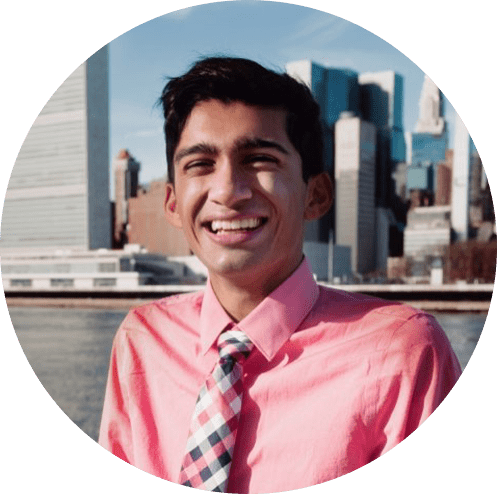
Sajan Bar
School of Engineering and Applied Science
Consultant: Spring 2021
“I am fascinated with the way we receive and process information in the classroom. Through this initiative, I hope to expand and develop education techniques by working directly with professors to bridge gaps in curriculum and classroom experience. I believe this work will help to create a positive learning environment throughout Columbia University and beyond by providing students and professors with a meaningful forum to hear new perspectives on learning.”
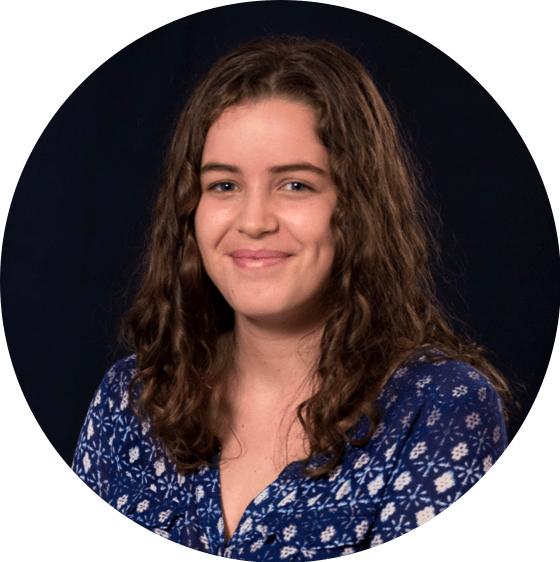
Mae Butler
Columbia College
Consultant: Spring 2020
“Classrooms are really powerful sites for inclusion and transformation. I am excited to participate in SAPP because I want to support the people on our campus who take on the important work of advocating — from professors to grad students — and help them create inclusive and fulfilling learning experiences for their students and themselves.”
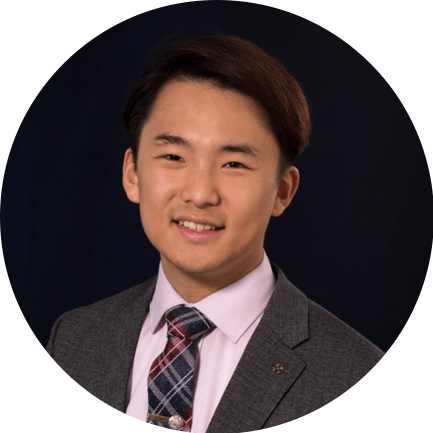
Donian Chyong
Columbia College
Consultant: Spring 2020, Fall 2020, and Spring 2021
“I applied to the initiative as a unique way of giving back to the Columbia community, and as a way to use my background in research and experimental design to help create better ways to learn on campus.”
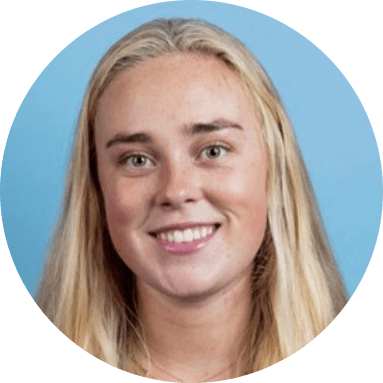
Sarah Considine
School of Engineering and Applied Science
Consultant: Spring 2022
“I applied to this initiative as a way to expand my engagement with the Columbia community and foster more inclusive and effective learning environments for all students. I hope to learn more about what defines said learning environments, how I as a student can help create this in our shared learning spaces, and in turn help our educators do the same.”
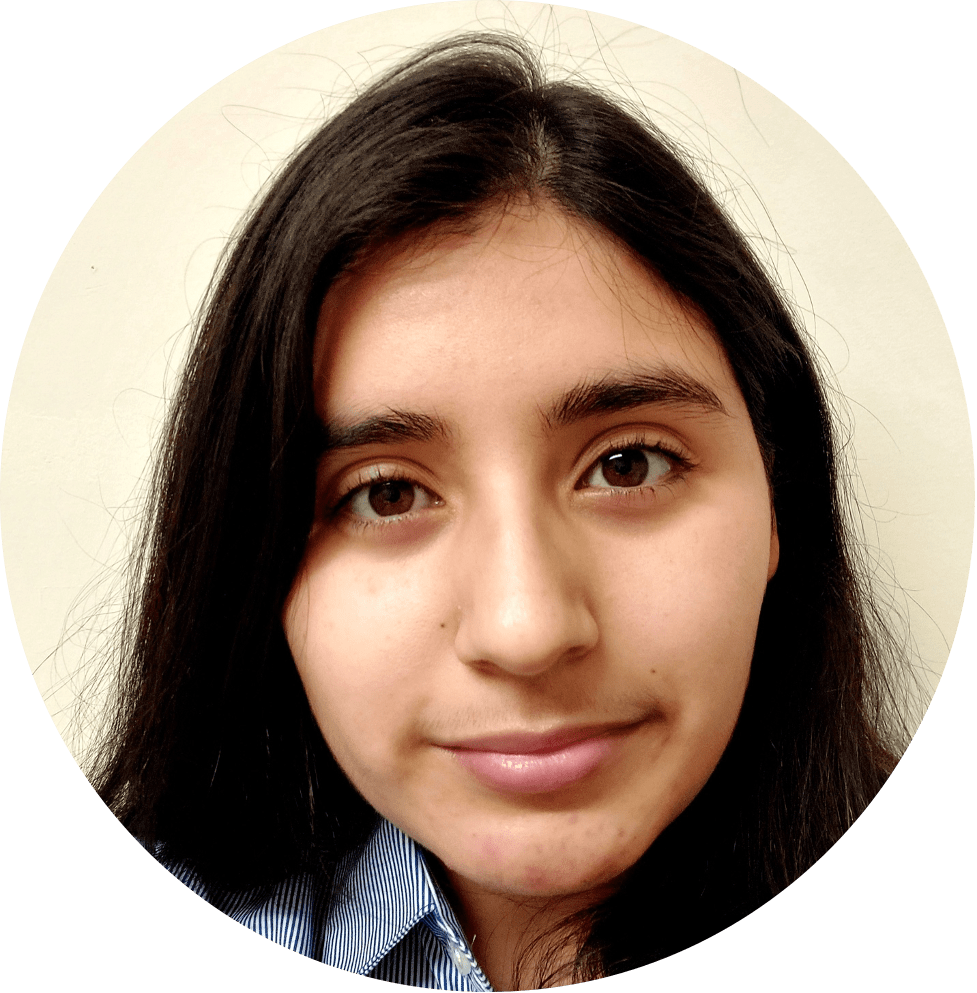
Keylin Escobar
Columbia College
Consultant: Spring 2022
“I’m excited to have conversations surrounding inclusivity, in every thinkable aspect. A class is made up of both students and instructors and I believe it’s of utmost importance to have these conversations to understand what instructors deem inclusive versus how the students visualize an inclusive environment. Creating spaces within classrooms where students can feel included and heard can completely change the experience of learning, and I hope to participate in many discussions surrounding the matter! In the end, we are all people trying to learn from one another to improve learning!”
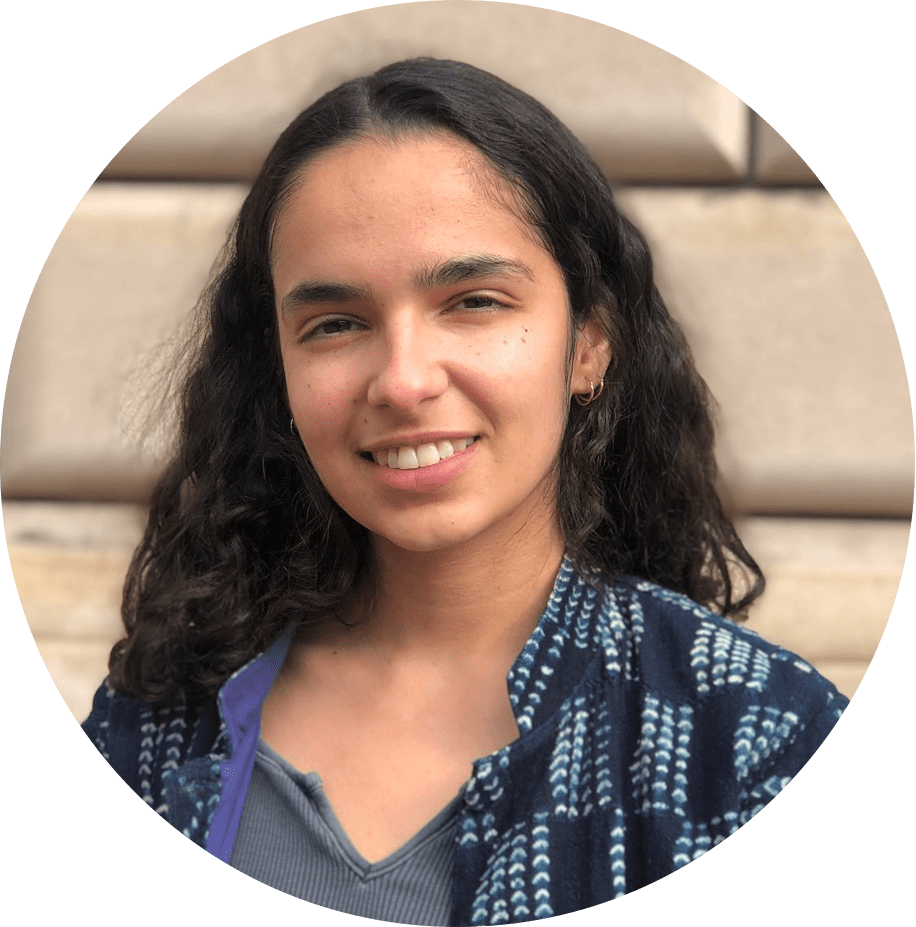
Emma Fromont
General Studies
Consultant: Spring 2022
“What we learn, and how we learn it, not only forge our academic interests but also our confidence in our capacities. I am excited to be part of CTL’s initiative to work with students themselves to think about pedagogy – especially after months of online classes, that at least offered us the opportunity to rethink methods of teaching and learning we used to take for granted!”
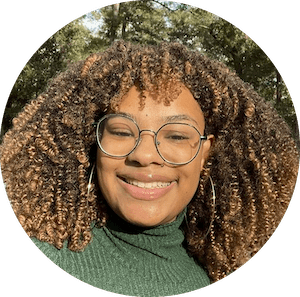
Emily Glover
Columbia College
Consultant: Fall 2022, Spring 2023
“I have experienced discrimination and biases as a black woman in predominantly white educational spaces, but Columbia is the first institution I’ve attended that I have seen actively work to better their educational practices. I am beyond thrilled to bring my personal experience and knowledge to serve as a consultant to help represent myself, friends, and community as well as help Columbia to become a better institution overall.”
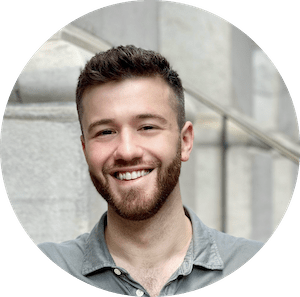
Kyle Gordon
General Studies
Consultant: Fall 2022, Spring 2023
“SAPP understands that student input is crucial to consider when creating new pedagogical models. My goal is to utilize my experience inside the classroom, within the work world, and other professional settings to create inventive and inclusive learning environments.”

Jennifer Lee
Columbia College
Consultant: Spring 2020
“I was excited by the possibility of more direct dialogue between students and professors about creating inclusive and equitable learning environments.”

Nicole Lyons
General Studies
Consultant: Spring 2020
“Undergrad involvement like this is both rare and incredibly important. I really want to help change…how students with disabilities or outside factors are understood by professors.”

Samatha McAlvey
General Studies
Consultant: Spring 2020
“I come from a family of teachers, and during my service in the US Air Force, I was heavily involved in teaching and training so I know how much of a difference good pedagogy can make. The SAPP initiative is a chance to make a real difference in the college experience of countless students, and faculty too.”
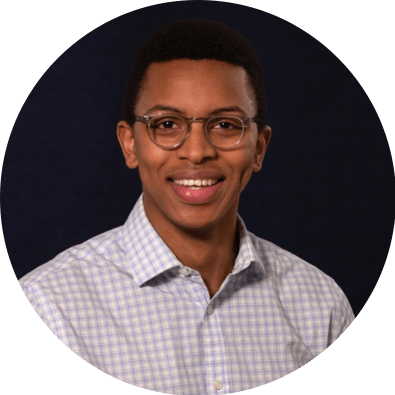
Kalisa Ndamage
School of Engineering and Applied Science
Consultant: Spring 2020 and Fall 2020
“I’ve had amazing learning experiences and unpleasant ones too. I’ve always been interested in what factors kept me more engaged in one lecture over another. Therefore, this was a great opportunity to both explore those factors and subsequently apply them to shift the scale, making the majority of my educational experiences positive.”
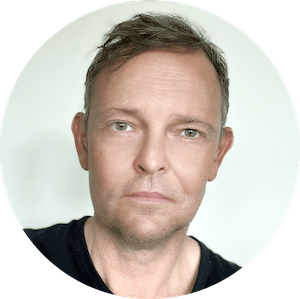
Jesper Norgaard
General Studies
Consultant: Fall 2022, Spring 2023
“I believe reciprocity is crucial in a classroom for faculty and students alike. Learning is not a one-way interaction going only from teachers to students. It is equally important for students and faculty to feel a sense of connection and appreciation of each other’s efforts in the learning environment.”
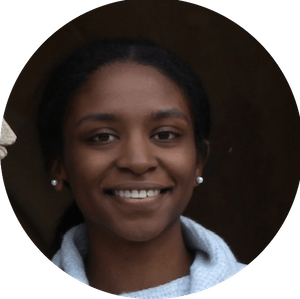
Maryam Pate
Columbia College
Consultant: Fall 2022, Spring 2023
“I am excited to be part of dialogues on advancing teaching at Columbia. When thinking about how to be inclusive of underrepresented or marginalized individuals, I believe it is of the utmost importance that students are drawn into conversations on curriculum building and equity in the classroom and I am extremely glad to be a part of that.”
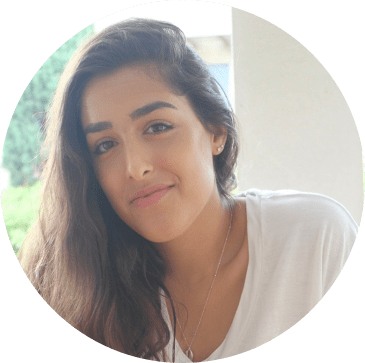
Yarin Reindorp
General Studies
Consultant: Fall 2020, Spring 2021, and Fall 2021
“Our experiences as students have the capacity to shape the way we see ourselves and our future. Therefore, the classroom space is pivotal and good teaching and learning approaches are key. I believe that little changes can make a truly a significant difference in our learning experience and hope that through this important initiative we can shed light on the student perspective to make these changes.”
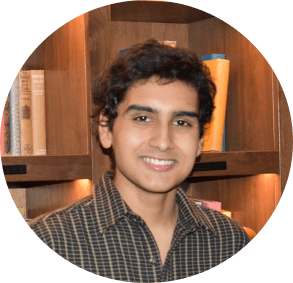
Victor Jandres Rivera
Columbia College
Consultant: Spring 2022
“My interests focus on how underrepresented students from diverse backgrounds navigate classroom settings. I joined this initiative to use my professional and research experience to make classrooms more inclusive and productive environments for students regardless of their background. Academic spaces shouldn’t just include students of color but also foster an equitable learning experience that engages students with resources in place to ensure they are supported.”
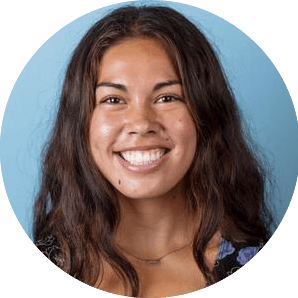
Olivia Schmitt
School of Engineering and Applied Science
Consultant: Fall 2022, Spring 2023
“I am excited to be a part of this initiative and I am particularly interested in helping create inclusive environments for all students. Breaking down biases in the classroom can begin this shift in understanding and create a more accurate definition of what the student experience really entails. I hope to raise the voices of fellow underrepresented students, including students who are queer, black, brown, and/or disabled into the conversation.“
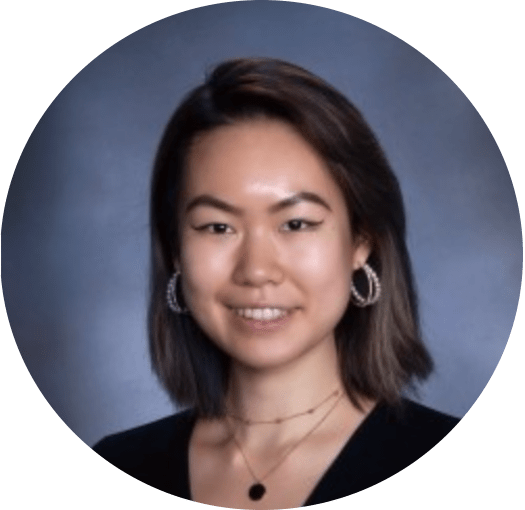
Annabelle Tang
School of Engineering and Applied Science
Consultant: Spring 2022
“My virtual junior year abroad has led me to develop my own methodology of effective studying and made me more conscious of the teaching practices of my teachers. Columbia supported my virtual education by adopting flexible grading policies, video recording technology, and granting us free WeWork access. In transitioning from virtual to in-person learning this year, I am excited to brainstorm ideas to increase the in-person participation of our members while keeping everyone safe.”
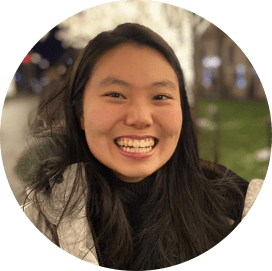
Michelle Yao
Columbia College
Consultant: Fall 2020, Spring 2021, and Fall 2021
“I’ve always been curious about the ‘behind the scenes’ work that goes into crafting a curriculum, and am excited to have the opportunity to support the development and improvement of educational experiences in and beyond the classroom for my peers and professors.”

Ambrose Zhu
General Studies
Consultant: Spring 2022
“I joined the initiative as an extension of my now 5 year old passion project in trying to understand the education I’ve gone through and hopefully converting that to meaningful learning for others. SAPP allows me to work with a much more diverse student body and with accomplished faculty to carry my pedagogical explorations further.”
What students have said about their partnership experiences
On the power of metacognition:
“Being a part of SAPP [Students as Pedagogical Partners] has made me more aware of the power of metacognition in learning. I didn’t realize it before, but many of the courses that I’ve performed well in were actually because I knew the material of a subject well enough to understand what/why my professor was asking a certain question (a.k.a. what skill was being evaluated). Now, especially for courses that I struggle in, I’ve been more proactive about asking pointed questions that will help me understand why my professors are posing particular questions, and the concepts they are focusing on.”
Empowerment and self-advocacy:
“This program has helped me to advocate for certain experiences as a student. Teachers often ask their students for feedback on what might help them to learn. I didn’t always know how to respond, but now I have a much better understanding of how to interact with those questions in order to pose feasible solutions to make my peers and my learning experience at Columbia the best it can be!”
Heightened awareness and the importance of mutual learning:
“I learned to be more humble when thinking about my professors and what they have to do, the work they need to put in, the challenges they face (…). Creating materials and resources made me think about all the counter arguments or thoughts that my instructors could have to the student perspective which in turn made me think more in depth about their perspective. Overall, I learned that more communication and feedback between students and instructors should be common practice and that we all have a lot to learn from one another.”